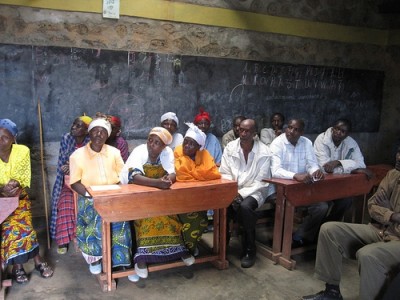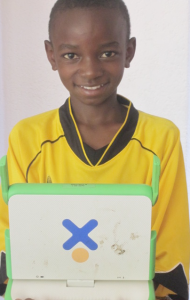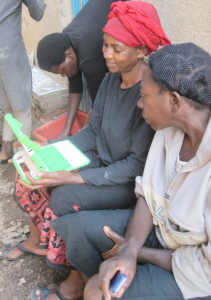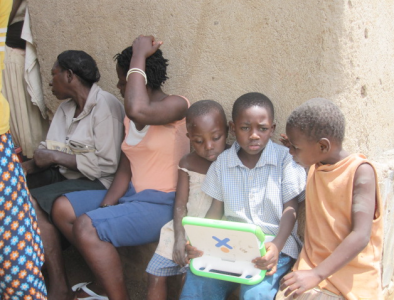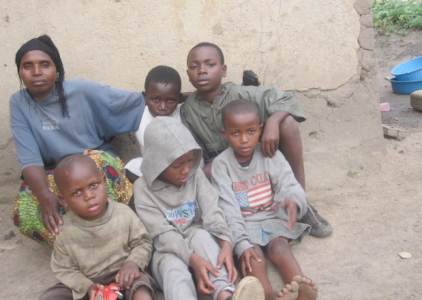
OLPC South Africa is preparing to publish a case study of it’s entirely grassroots growth – from 100 students and mentors in Klipotwn in early 2008 to a network of 1400 students in 5 cities, all sharing training and class experiences.
Support for these programs was a combination of individual donations, local purchases, government support, OLPCorps, and support from other international NGOs. Some are traditional school projects, while others such as at the Kliptown Youth Project involve a combination of community, school, and peer mentoring.
The full study should be up on Friday. Here are a few quotes:
South Africa spends a larger share (5-6%) of its GDP on education than any other African nation. Education is compulsory for all children between the ages of 7 and 15 (grades 1 to 9) and access to primary education, the UN’s second Millennium Development Goal, is now nearly universal.
However, as recently pointed out by Trevor Manuel, South Africa’s National Planning Minister, South Africa ranks 137 out of 150 countries in math and science and is one of the bottom 25 performers on the African continent.
…
As of early 2012, there are a total of 1,400 XO laptops in South Africa. The Kliptown Youth Program provides technical and training support for all these deployments.
…
The first priority was getting people to understand that the XO is not a toy – it is a resource for education. Many children in Kliptown have difficulty learning to read so it is important to get them excited about reading. The children like reading from the XO screen because it makes learning fun and cool.


